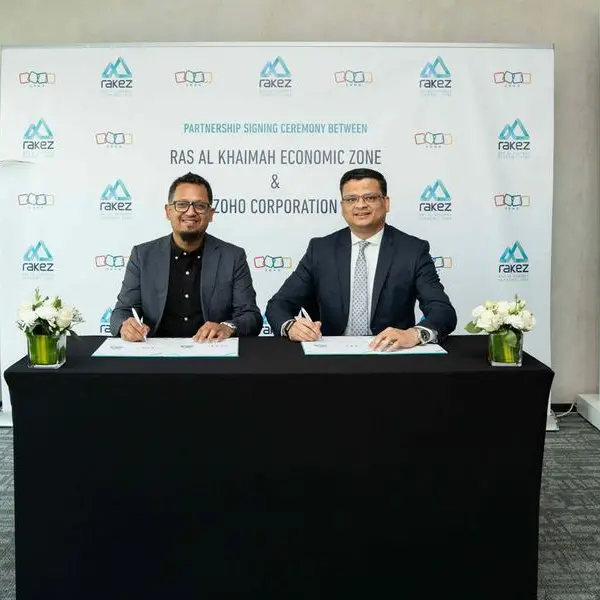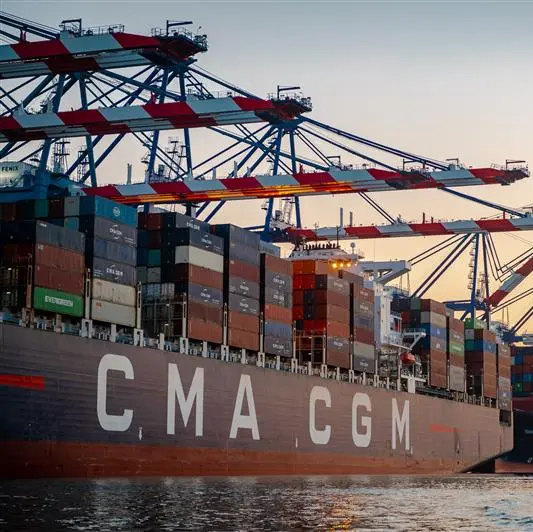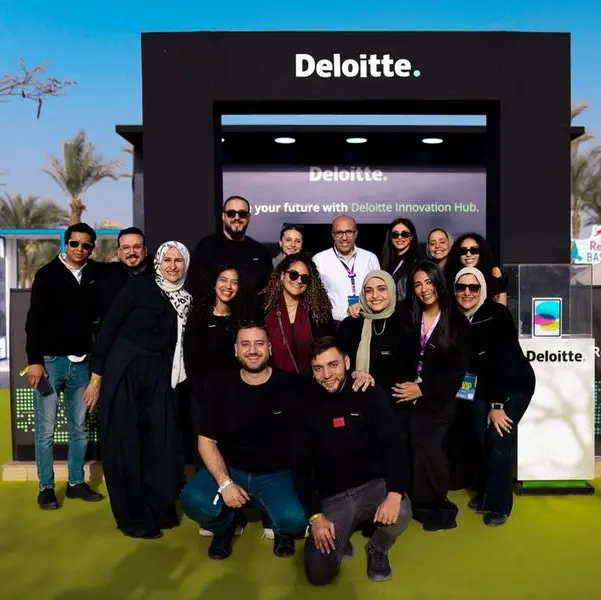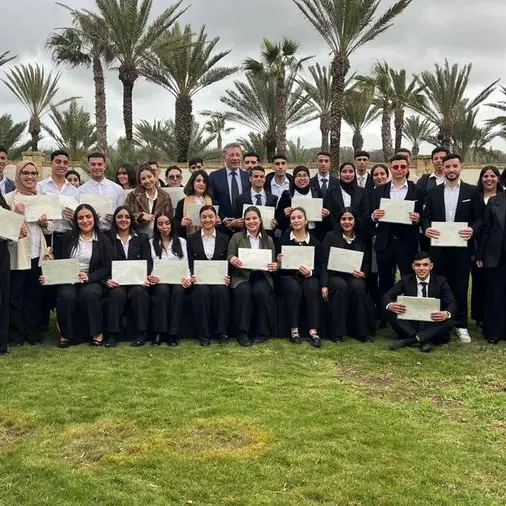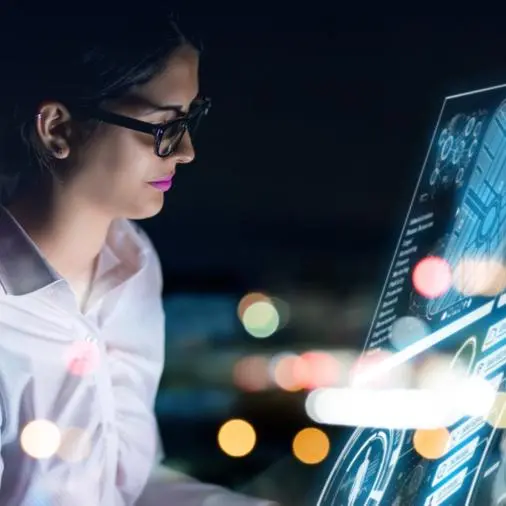- Discussion featured H.E Salama Al Amimi, Director General of the Authority of Social Contribution (Ma’an) and Sir Geoff Mulgan, Professor of Collective Intelligence, Public Policy and Social Innovation at University College London
Abu Dhabi: A global panel of experts called attention to the critical importance of ensuring community resilience by creating stronger social bonds between the government and its people and ensuring that society is equipped to withstand and recover from adversity, specifically underscoring the role of the private sector and civil organisations in facilitating this resilience.
Titled ‘For the Greater Good: Innovations for More Resilient Global Communities,’ the Majlis featured on Monday a discussion between H.H. Sheikh Dheyab bin Zayed Al Nahyan, and key contributors Salama Al Amimi, Director General of the Authority of Social Contribution (Ma’an); Sir Geoff Mulgan, Professor of Collective Intelligence, Public Policy and Social Innovation at University College London; and Fadi Ghandour, Co-Founder of Aramex and Executive Chairman of Wamda Group.
Among the topics covered was how the UAE community has moved from a strong sense of social responsibility to one of committed community participation, with this reaching new heights with 2017’s ‘Year of Giving.’ The lectures that formed a main part of the episode addressed the need for flexible and innovative systems that can develop the concept of community participation and translate initiatives into long-term investment opportunities that strengthen community resilience.
"We live, nowadays, in complex societies with complicated challenges that require innovation, outside-of-the-box thinking, and innovative solutions in order to solve social problems in the labour, commercial, and economic sectors. We cannot pretend that these solutions are easy to find or that they will always be successful. These problems undoubtedly require smart, devoted, and cooperating individuals and societies to find solutions for these challenges," said H.H. Sheikh Dheyab bin Zayed Al Nahyan.
Highlighting that the social contract needed to advance community resilience has two parties, the government and society, Al Amimi commented that what distinguished the UAE here was that its social contract included compassion in addition to constitutional rights. Describing how this compassion generates a sense of belonging, went on to say that the social contract is not merely a one-way process from the government and that citizens and residents need to be active within it.
"Social resilience requires contribution and engagement from society. This is why the Department of Community Development was established in 2018. The main mission of the Department is to provide a decent life for all members of the community, and that social responsibility is not only the responsibility of the government. It should be a shared responsibility between the government, the private sector, and the third sector, which is the community members and civil community organisations," she said.
Pointing to the important role of the private sector in supporting communities, Fadi Ghandour highlighted that commercial organisations can bring an entrepreneurial mindset to the table, which can be instrumental in finding solutions to social challenges.
"The private sector has a key role in society beyond its core business, whether commercial services, processing or production. When we talk about social entrepreneurship there must be integration and joint efforts between the two sectors, as we call it the ‘community sector’ and the ‘business sector’ to come up with solutions to challenges facing society so that we can utilise the available skills and capabilities of the private sector, such as team working, investing, finding solutions with entrepreneurial thinking," he said.
Sir Geoff Mulgan used his contribution, in part, to explain that every country faces different challenges of resilience, with a main one for the UAE likely to stem from global temperatures rising because of climate change. This, he said, could lead to challenges in managing a society in a region such as the Gulf, but also said that he thought the UAE was well placed in terms of capability to respond to them all.
"I've always been fascinated why some societies are so resilient they can withstand a war, a financial shock, a pandemic and bounce back, where others are brittle and vulnerable. And I think some of the answers lie with what governments do. The best governments protect people from the risks they can't protect themselves from. And they look ahead. They scan for possible threats. They prepare, they plan, they do simulations," he said.
Held under the patronage of His Highness Sheikh Mohamed bin Zayed Al Nahyan, Crown Prince of Abu Dhabi, Deputy Supreme Commander of the UAE Armed Forces, the Majlis Mohamed bin Zayed Ramadan Series this year is being held in conjunction with the celebrations taking place across the country for the UAE’s 50th anniversary. Community members of all nationalities, creeds and cultures are being invited to watch the episodes, engage with the topics being discussed, and reflect on how they can contribute to a stronger and more resilient society.
The final episode of Majlis Mohamed bin Zayed Ramadan Series will be aired next week. The programmes are broadcast on Mondays at 5:45 PM on Emarat TV, Abu Dhabi TV, Baynounah TV, Aldafra TV and live on the MBZ Majlis YouTube Channel, and at 8 PM on Sama Dubai TV, with reruns airing on Wednesdays at 5:45 PM on Emarat TV.
© Press Release 2021
Disclaimer: The contents of this press release was provided from an external third party provider. This website is not responsible for, and does not control, such external content. This content is provided on an “as is” and “as available” basis and has not been edited in any way. Neither this website nor our affiliates guarantee the accuracy of or endorse the views or opinions expressed in this press release.
The press release is provided for informational purposes only. The content does not provide tax, legal or investment advice or opinion regarding the suitability, value or profitability of any particular security, portfolio or investment strategy. Neither this website nor our affiliates shall be liable for any errors or inaccuracies in the content, or for any actions taken by you in reliance thereon. You expressly agree that your use of the information within this article is at your sole risk.
To the fullest extent permitted by applicable law, this website, its parent company, its subsidiaries, its affiliates and the respective shareholders, directors, officers, employees, agents, advertisers, content providers and licensors will not be liable (jointly or severally) to you for any direct, indirect, consequential, special, incidental, punitive or exemplary damages, including without limitation, lost profits, lost savings and lost revenues, whether in negligence, tort, contract or any other theory of liability, even if the parties have been advised of the possibility or could have foreseen any such damages.
